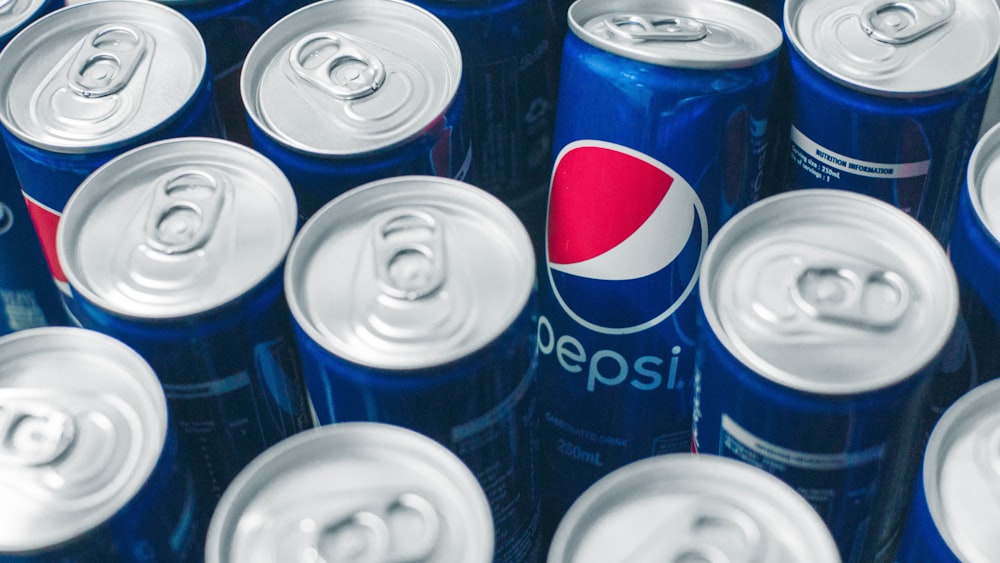Pepsi Co. Pledges To Use 100% Renewable Or Recyclable Plastic In Chips Packaging In Circular Economy Push
PepsiCo Europe (PEP) announced today a new commitment to eliminate virgin fossil-based plastic in all its crisp and chip bags by 2030, supporting the company’s circular economy and sustainability goals. By using 100% recycled or renewable plastic in all packets, the company estimates it can achieve a 40% reduction in greenhouse gas emissions per ton of packaging.
Photo by Ja San Miguel on Unsplash
The new ambition will apply to brands including Walkers, Doritos, and Lay’s, with consumer trials starting in European markets in 2022. The recycled content will be derived from previously used plastic, and the renewable content will come from by-products of plants, including used cooking oil or waste from paper pulp.
Silviu Popovici, Chief Executive Officer, PepsiCo Europe said:
“Flexible packaging recycling should be the norm across Europe. We see a future where our bags will be free of virgin fossil-based plastic. They will be part of a thriving circular economy where flexible packaging is valued and can be recycled as a new packet. We’re investing with our partners to build technological capacity to do that. We now need an appropriate regulatory landscape in place so that packaging never becomes waste.”
The new goals follow the introduction last year by PepsiCo of its pep+ sustainability framework. The program encompasses a broad range of ESG initiatives across agriculture practices, climate, water and packaging sustainability, and consumer health, and includes packaging goals to cut virgin plastic per serving by 50% across its global food & beverage portfolio by 2030, and use 50% recycled content in its plastic packaging.
Gerald Rebitzer, Sustainability Director at AMCOR, PepsiCo’s flexible packaging partner in Europe, said:
“We are building a future where flexible packaging is part of the circular economy. Together with PepsiCo, we enhanced the material technologies on PepsiCo’s new crisp packet to make it easier to recycle. And we are beginning to integrate renewable and recycled content into PepsiCo’s packaging. To meet the demands of our clients like PepsiCo, we encourage more partners upstream to invest in the supply chains of these new materials.”
PepsiCo outlined the three key focus areas for its circular economy initiatives, including ‘Right Design,’ reducing the amount of packaging and move to materials that are easier to recycle; ‘Right Infrastructure,’ ensuring more flexible packaging is collected, sorter and recycled, and; ‘Right New Life,’ building demand for recycled content made from flexible packaging to increase its use.
Archana Jagannathan, Senior Director, Sustainable Packaging, PepsiCo Europe, said:
“Through collaboration and innovation, we can progress to a viable circular economy for our food packaging in Europe. Today, the supply of recycled and renewable materials for flexibles is limited. The regulatory environment is very dynamic and we need more clarity on policy and recognised technologies. If a policy and waste infrastructure, similar to beverage bottle packaging accelerates for flexibles, we will speed up our plans and go even faster to meet our commitments.”
Disclosure: None.




